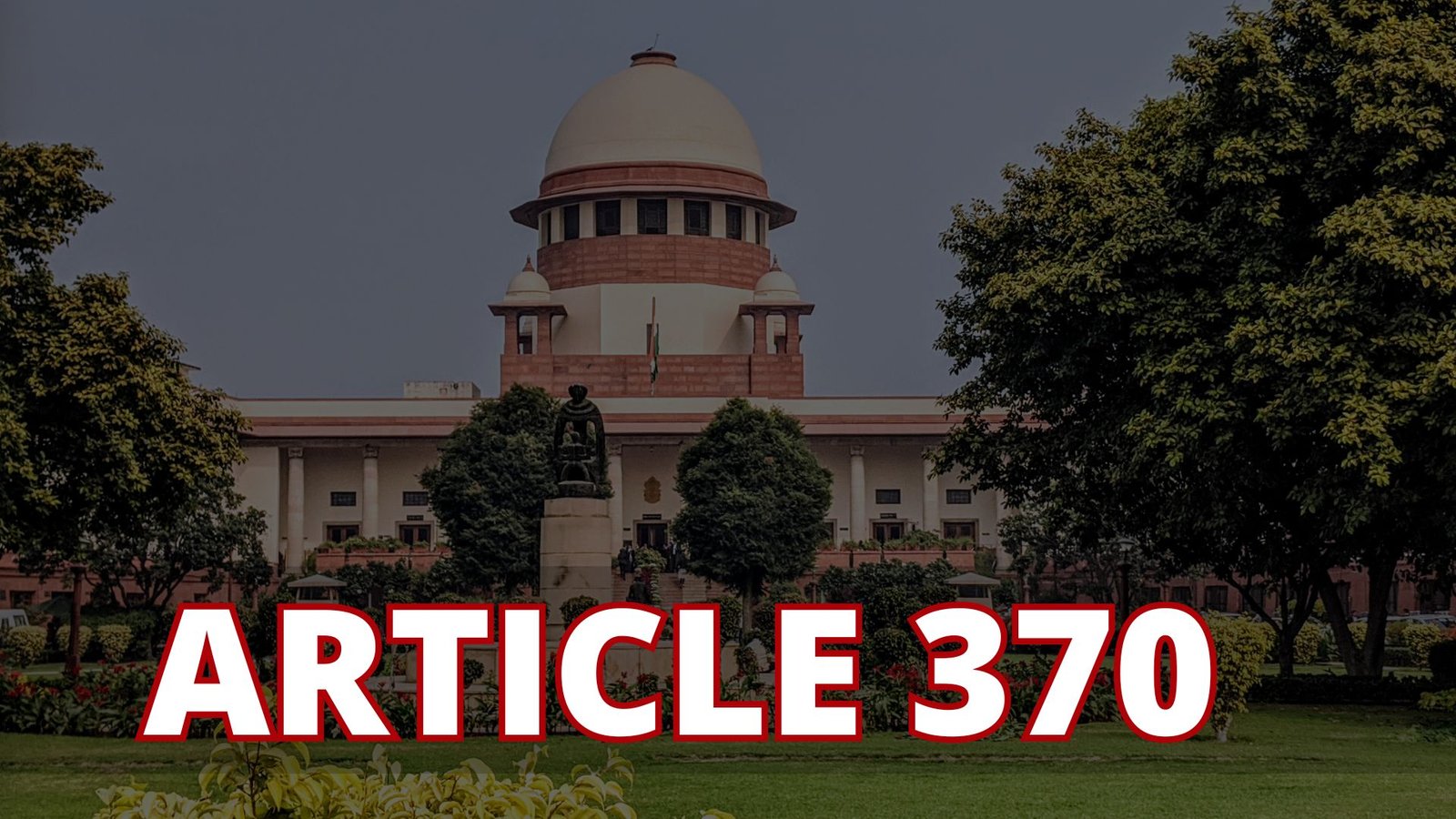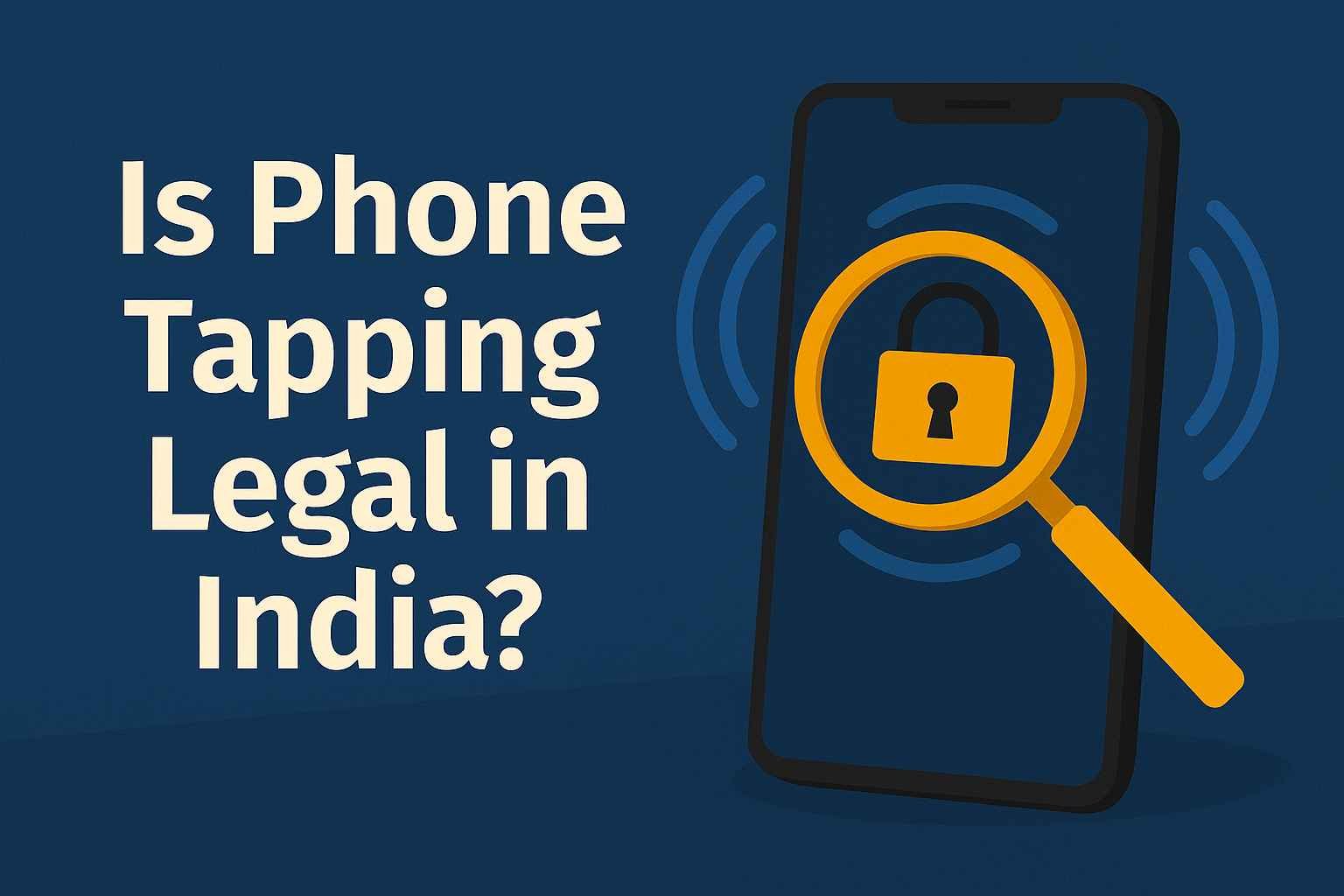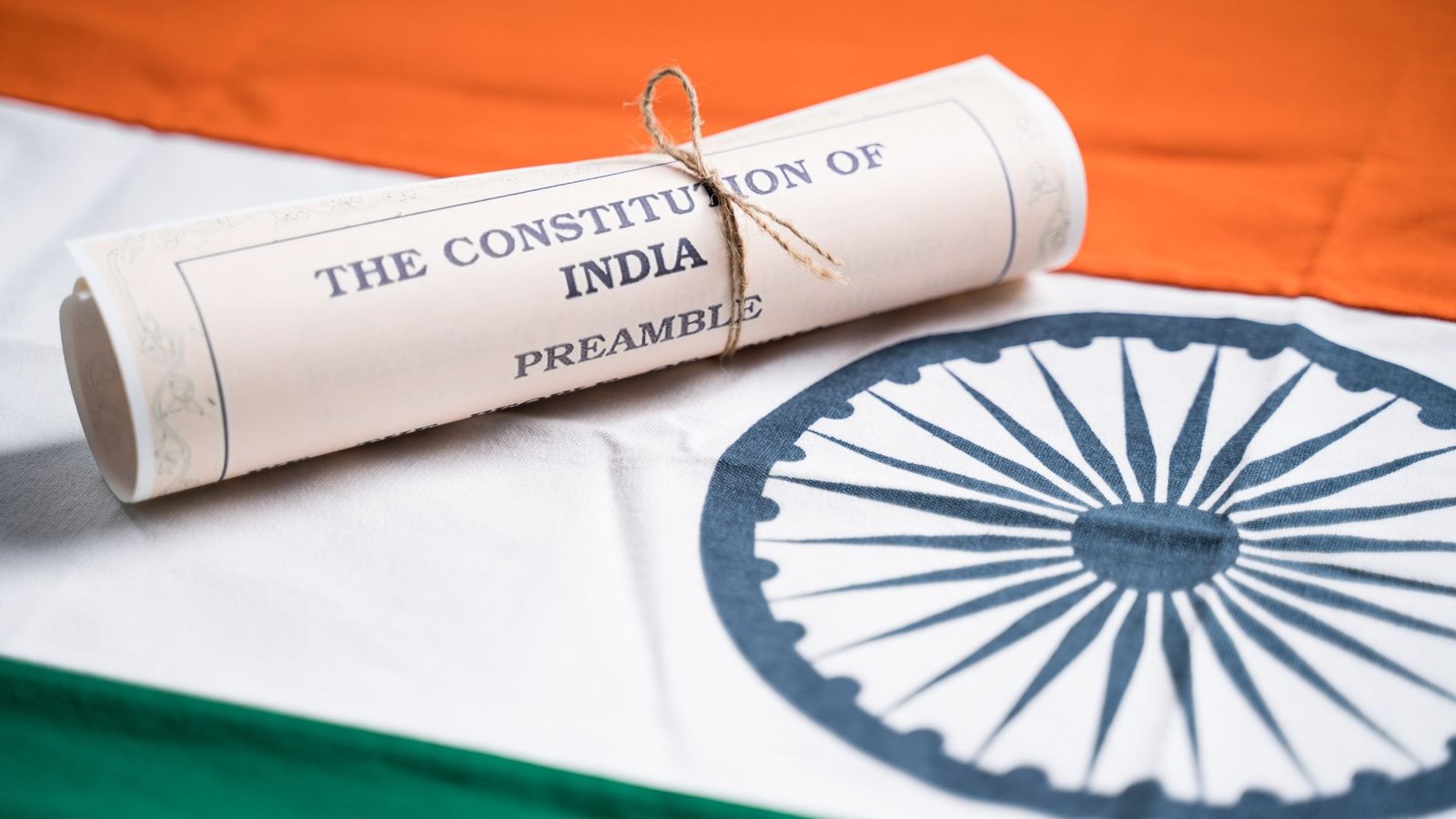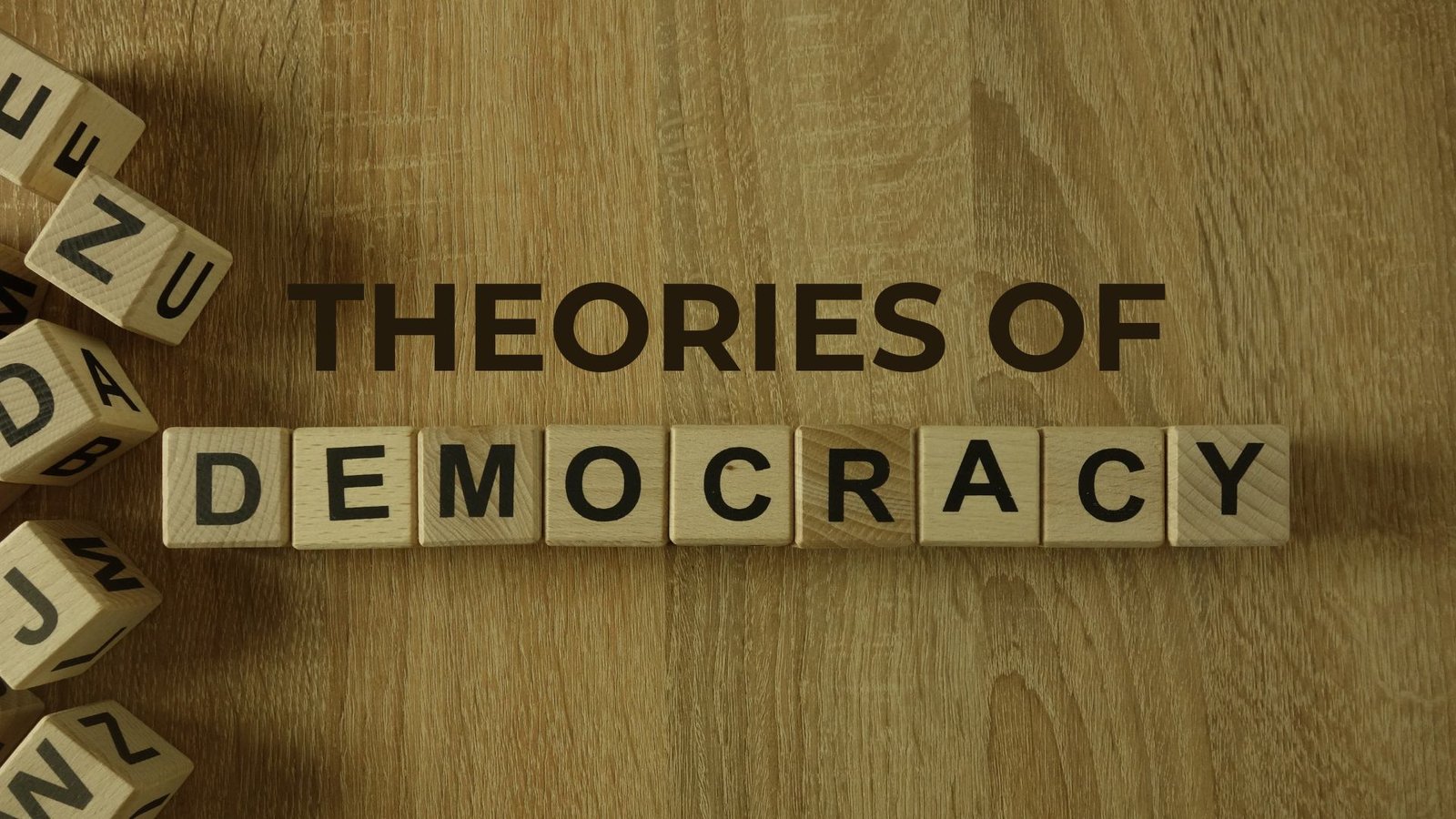On this page you will read detailed information about Article 370 of Indian Constitution.
As a citizen of India, it is important to understand the laws and provisions that govern the diverse populations of states across the country. One of the most controversial and polarizing clauses in the Indian Constitution is Article 370, which provides special autonomous status to the state of Jammu and Kashmir. For decades, Article 370 has been fiercely debated, with compelling arguments on both sides. However, the complex history and implications of this clause remain obscure to many Indians. This article aims to provide an overview of Article 370 in an objective, fact-based manner. By understanding the original intent and provisions of Article 370, as well as how it has been interpreted over the years, you can develop an informed perspective on this sensitive issue at the heart of India’s national identity.
What Is Article 370? A Brief History
Article 370 of the Indian constitution gave special status to Jammu and Kashmir—a region in the northern part of India. When India gained independence from British rule in 1947, Kashmir was a princely state ruled by Maharaja Hari Singh. Article 370 was designed to protect the autonomy of Jammu and Kashmir by limiting the Indian Parliament’s legislative power over the state.
The clause was drafted in 1947 by Sheikh Abdullah, the then prime minister of Jammu and Kashmir, and India’s first prime minister Jawaharlal Nehru. It defined Jammu and Kashmir as a separate constitutionally autonomous entity within India. The state was allowed to have its own constitution and the Indian government could only legislate on defense, external affairs, and communications. Laws passed by the Indian Parliament did not apply to Jammu and Kashmir unless the state assembly approved them.
Over the years, the central government has issued various presidential orders to extend the jurisdiction of its laws to Jammu and Kashmir. In 2019, the Narendra Modi administration revoked Article 370, essentially eliminating the special status of Jammu and Kashmir. The state was split into two union territories—Jammu and Kashmir, and Ladakh—which are under the direct control of the central government.
The revocation of Article 370 remains a controversial decision. Supporters argue that it helped integrate Jammu and Kashmir fully into India and promote economic development. Critics argue that it was an undemocratic move that eroded the autonomy promised to Kashmir and further alienated the people of the region. There are also concerns over demographic changes from allowing non-residents to buy land and settle in the Muslim-majority Kashmir region.
Article 370 highlights the complex relationship between Jammu, Kashmir, and India. Its revocation marked a major change in the governance of this fragile, conflict-ridden region with a long and complex history. The impact of this decision on the political and security situation in Kashmir continues to unfold.
The Origin and Purpose of Article 370
Article 370 of the Indian Constitution gives special status to Jammu and Kashmir. When India gained independence from British rule in 1947, Jammu and Kashmir was one of the princely states. At the time, Maharaja Hari Singh, the ruler of Jammu and Kashmir, wanted to remain independent. However, after Pakistan invaded the region, he agreed to accede to India in October 1947.
Article 370 was incorporated into the Constitution in 1950 to acknowledge the special circumstances under which Jammu and Kashmir joined India. It exempts the state from the Indian Constitution and permits the state to draft its own Constitution. The article says that the provisions of Article 238, which was about the administration of Part B states, shall not apply to the state of Jammu and Kashmir.
The key provisions of Article 370 are:
- Jammu and Kashmir can have a separate constitution of its own. The Indian parliament cannot make any laws for Jammu and Kashmir that would impinge on its special status.
- The state can have its own flag along with the Indian flag.
- The power of the Indian parliament to make laws for Jammu and Kashmir is limited to defense, external affairs and communication.
- The provision prevents outsiders from buying land and settling permanently in the state.
- The state can have its own penal code known as the Ranbir Penal Code instead of the Indian Penal Code that applies to the rest of India.
Article 370 was drafted to preserve the autonomy of Jammu and Kashmir and to protect its demography. However, some argue that it has prevented the full integration of the state with India and fostered separatism. There have been political debates on whether to amend or abrogate Article 370 to fully integrate Jammu and Kashmir with India.
Key Provisions Under Article 370
Article 370 of the Indian constitution gave special status to the state of Jammu and Kashmir. It specified certain provisions that applied only to the state due to its disputed accession. Some of the key provisions under Article 370 are:
Autonomy in State Administration
Article 370 gave the state government the right to decide which provisions of the Indian constitution could apply to the state. The state government’s consent was needed for extending any provision to the state. This gave Jammu and Kashmir a great deal of autonomy in managing its internal administration.
Separate Constitution
Jammu and Kashmir was permitted to have its own constitution. Most provisions of the Indian constitution did not automatically apply to the state. The state could make its own laws as per its constitution.
Restrictions on Parliament’s Power
The Indian parliament needed the state government’s concurrence for applying any law to Jammu and Kashmir. The parliament could make laws on defense, foreign affairs, and communications in the state but needed the state’s concurrence for other matters.
Citizenship Rights
The state could regulate the rights of permanent residents. Only permanent residents as defined in the state constitution could buy property or get state government jobs in Jammu and Kashmir. Other Indian citizens did not have these rights.
Flag
Jammu and Kashmir was allowed to have its own state flag along with the Indian tricolor. It was the only state with this privilege.
In the previous post, we had shared information about Examining the Theories of Democracy, so read that post also.
No Emergency Provisions
The emergency provisions under Article 352 did not automatically apply to Jammu and Kashmir. The state government’s consent was needed for imposing an emergency in the state.
Article 370 gave Jammu and Kashmir a special autonomous status within the Indian union. However, in 2019 the BJP government revoked Article 370 through a presidential order, effectively ending the state’s autonomous status. The move was controversial and its impact on the region remains to be seen.
The Debate Around Article 370
Article 370 of the Indian Constitution gives special status to Jammu and Kashmir. This provision allows the state to have its own constitution and limits the power of the Indian parliament to make laws for the state. The provision is controversial and has been debated for decades.
Arguments For Article 370
- Article 370 protects the cultural identity and demography of Jammu and Kashmir. Revoking it may lead to a loss of identity for Kashmiris.
- Article 370 was promised to Kashmir when it acceded to India in 1947. Revoking it would undermine India’s integrity and damage the trust of Kashmiris.
- Article 370 provides Jammu and Kashmir a certain degree of autonomy in its internal administration. Revoking it could lead to unrest and conflict in the region.
Arguments Against Article 370
- Article 370 prevents Jammu and Kashmir from fully integrating into India. It hampers economic development and encourages separatism.
- Article 370 was intended to be temporary but has continued indefinitely. It perpetuates the idea that Jammu and Kashmir is separate from India.
- Article 370 privileges certain religious groups and discriminates against others in Jammu and Kashmir. It goes against India’s secular principles.
There are valid arguments on both sides of the debate. Ultimately, any decision on Article 370 must balance the aspirations and rights of all communities in Jammu and Kashmir, as well as India’s integrity as a nation. A constructive dialogue is needed to find common ground and a mutually agreeable solution. Compromise and inclusiveness will be key to resolving this complex issue.
Arguments for and Against Article 370
Article 370 of the Indian constitution gives special status to Jammu and Kashmir, allowing it to have its own constitution and limiting the power of the Indian parliament to make laws for the state. There are compelling arguments on both sides regarding whether Article 370 should be repealed.
For Repealing Article 370
Some argue that Article 370 promotes separatism and undermines national integrity. Repealing it would help integrate Jammu and Kashmir fully into India, promoting unity and strengthening sovereignty. It could also boost economic growth by allowing non-Kashmiris to own property and businesses in the state. Furthermore, repealing Article 370 may improve security by facilitating the deployment of armed forces to curb terrorism.
Against Repealing Article 370
However, others contend that repealing Article 370 would undermine the autonomy promised to Kashmir when it joined India. It could increase unrest and conflict in the region. Revoking Article 370 may also set a troubling precedent, signaling that the government can unilaterally alter or repeal provisions that grant a degree of self-governance to certain states. Some argue that Article 370 is a symbolic link between India and Kashmir, and repealing it could damage this relationship and weaken India’s secular democratic values.
There are compelling cases to be made on both sides of this complex issue. Any decision must weigh both the potential benefits of greater integration and risks to autonomy, pluralism, and trust in the democratic process. The future of Article 370 remains controversial and deeply polarizing. A prudent path forward would consider the nuances and try to forge a compromise that respects all interests.
The Revocation of Article 370 in 2019
Article 370 of the Indian Constitution granted special autonomous status to Jammu and Kashmir. In 2019, the BJP government revoked Article 370 in a move that was controversial but allowed for greater integration of the state into India.
Reasons for Revocation
The BJP government argued that Article 370 had prevented the full integration of Jammu and Kashmir into India and fostered separatism. By revoking it, the government aimed to strengthen national security and bring economic development to the region. However, critics argued that the manner in which Article 370 was revoked was undemocratic and that it would increase alienation in the Muslim-majority Kashmir valley.
Process of Revocation
In August 2019, the ruling BJP party, which had long opposed Article 370, moved to revoke it. The Jammu and Kashmir Reorganisation Act was passed by both houses of India’s parliament, reorganizing Jammu and Kashmir into two union territories – Jammu and Kashmir, and Ladakh – that would be directly ruled by the central government. This act effectively revoked Article 370, ending Jammu and Kashmir’s autonomous status.
The revocation was done hastily without consulting the local government or people of Jammu and Kashmir. The state was placed under a communications blackout and security lockdown as the act was passed. Leaders of local political parties were detained. The move faced legal challenges but was upheld by India’s Supreme Court.
Impacts and Analysis
The revocation of Article 370 remains controversial. Supporters argue it will spur growth and reduce militancy in Jammu and Kashmir. Critics argue it was an undemocratic move that will fuel further alienation and conflict. The security situation in Kashmir remains tense, and the former state’s political future is uncertain.
The revocation of Article 370 marked a bold step by the Indian government to redefine its relationship with Jammu and Kashmir. But it has also raised questions about Indian federalism and democracy. The coming years will determine whether revoking Jammu and Kashmir’s autonomy brings greater stability or leads to further divisions.
The Impacts and Aftermath of Removing Article 370
The revocation of Article 370 has had a profound impact on Jammu and Kashmir. Prior to August 2019, the state enjoyed a special autonomous status within India, with its own constitution and freedom to make laws on all matters except defense, foreign affairs, and communications.
Loss of Autonomy
Removing Article 370 stripped Jammu and Kashmir of its autonomous powers. The state was bifurcated into the union territories of Jammu and Kashmir, and Ladakh, which are now under the direct control of the central government. The Jammu and Kashmir assembly was dissolved, and the union territory is ruled by a lieutenant governor appointed by New Delhi. Locals have lost control over state resources and institutions. Critics argue this undermines the democratic rights and aspirations of the Kashmiri people.
Demographic Changes
Article 370 had prohibited outsiders from permanently settling in Jammu and Kashmir in order to protect the demography. Revoking it now allows any Indian citizen to buy property and settle there permanently. Some fear this could lead to the erosion of native cultures and the “Israelization” of Kashmir. Supporters counter that removing barriers to movement and trade within India promotes inclusion and economic growth.
Security Clampdown
The government imposed a security lockdown and communications blackout in Jammu and Kashmir following the removal of Article 370. Thousands of troops were deployed, public gatherings were banned, and telephone and internet services were cut. The government argued this was necessary to prevent unrest, but critics said it was a violation of civil liberties and human rights. Many Kashmiris see it as a symbol of their disenfranchisement.
Uncertain Future
The future of Jammu and Kashmir remains uncertain. There are fears of further erosion of autonomy, demographic changes, and human rights violations. However, others hope greater integration with India will bring economic opportunity and prosperity. Much depends on how New Delhi administers the union territory and addresses the political aspirations of its people. The revocation of Article 370 has been deeply polarizing, with debates around identity, autonomy, and national unity that will shape the region for decades to come.
What Does the Removal of Article 370 Mean for Kashmir?
The abrogation of Article 370 signifies a major change in the relationship between India and Jammu & Kashmir. For decades, Article 370 granted special autonomous status to Jammu & Kashmir, allowing it to have its own constitution and limiting the Indian parliament’s legislative powers over the state. With its removal, Jammu & Kashmir will now be governed just like any other state in India.
Increased Central Government Control
The revocation of Article 370 means the central government in New Delhi will have greater control over Jammu & Kashmir’s governance. Previously, the state was permitted to enact its own laws, except in matters of defense, foreign affairs, and communications. Now, the parliament can make laws on any subject it chooses, and Jammu & Kashmir will need to adhere to the central government’s policies on issues like education, healthcare, taxation, and more.
Demographic Changes Possible
Article 370 had prohibited individuals from outside Jammu & Kashmir from permanently settling, buying land, holding local government jobs, or accessing state education and welfare programs in the state. With its removal, the central government aims to integrate Jammu & Kashmir fully into India and open it up for more demographic diversity. Critics argue this may lead to significant changes in the region’s ethnic make-up and culture over time.
Economic Development Hopes
Supporters believe abolishing Article 370 will boost economic development in Jammu & Kashmir. The region will now have greater access to funds and resources from the central government. It may also attract more private investment from outside the state, spurring growth in industries like tourism, horticulture, and power generation. Greater economic opportunity could help address socioeconomic challenges in the region like poverty, lack of infrastructure, and unemployment.
In summary, the removal of Article 370 is a controversial step that alters Jammu & Kashmir’s relationship with India in major ways. Only time will tell whether the promised benefits of greater integration and development come to fruition, or if concerns over loss of autonomy and demographic change prove warranted. The region is in a state of transition, and its future remains uncertain.
Article 370 FAQs: Answering Common Questions
Article 370 of the Indian Constitution gave special status to Jammu and Kashmir state. Here are some common questions about Article 370 answered:
Article 370 provided Jammu and Kashmir state with autonomous powers and specified that the Article could only be repealed or amended by the recommendation of the state’s constituent assembly. The article granted the state its own constitution and allowed it to make its own laws in all matters except finance, defense, foreign affairs, and communications.
Article 370 provided Jammu and Kashmir state with autonomous powers and specified that the Article could only be repealed or amended by the recommendation of the state’s constituent assembly. The article granted the state its own constitution and allowed it to make its own laws in all matters except finance, defense, foreign affairs, and communications.
When India gained independence in 1947, Kashmir was a princely state under the suzerainty of the British Crown. Article 370 was incorporated into the Indian Constitution to recognize the special status of Jammu and Kashmir and specify the terms of its accession to India. It provided flexibility and autonomy to the state.
In August 2019, the Parliament of India revoked Article 370 which removed the special status designation of Jammu and Kashmir. The state was reorganized into two union territories – Jammu and Kashmir, and Ladakh. Revocation of Article 370 allowed all Indian citizens to purchase land and property in Jammu and Kashmir and Ladakh. It also allowed the application of Indian laws in the region.
The Government of India cited reasons such as fostering greater economic development in the region and better integration of Jammu and Kashmir with the rest of India. However, the move was contentious, with critics arguing it could worsen the alienation of Kashmiris and damage the region’s autonomy. The revocation also led to an internet and communications blackout in Kashmir.
Jammu and Kashmir continues to operate as a union territory of India. There have been controversial policy changes, security crackdowns and human rights violations reported in the region. The revocation of Article 370 remains a polarizing issue, with ongoing debate around its impact.
Conclusion
As you have seen, Article 370 is an extremely complex and controversial provision in India’s Constitution that has been debated for decades. While it provides certain unique rights and autonomous powers to the state of Jammu and Kashmir, many argue that it creates more division than unity within India. There are valid arguments on both sides of this issue, and people of good faith can disagree on the best path forward. However, as India continues to evolve and progress as a nation, re-examining Article 370 and considering alternative solutions may be prudent to ensure the long term stability, security and prosperity of all Indian citizens regardless of region or religion. The road ahead is unclear, but India’s democratic principles and spirit of unity must guide the way.
Disclaimer
The information and services on this website are not intended to and shall not be used as legal advice. You should consult a Legal Professional for any legal or solicited advice. While we have good faith and our own independent research to every information listed on the website and do our best to ensure that the data provided is accurate. However, we do not guarantee the information provided is accurate and make no representation or warranty of any kind, express or implied, regarding the accuracy, adequacy, validity, reliability, availability, or completeness of any information on the Site. UNDER NO CIRCUMSTANCES SHALL WE HAVE ANY LIABILITY TO YOU FOR ANY LOSS OR DAMAGE OF ANY KIND INCURRED AS A RESULT OR RELIANCE ON ANY INFORMATION PROVIDED ON THE SITE. YOUR USE OF THE SITE AND YOUR RELIANCE ON ANY INFORMATION ON THE SITE IS SOLELY AT YOUR OWN RISK. Comments on this website are the sole responsibility of their writers so the accuracy, completeness, veracity, honesty, factuality and politeness of comments are not guaranteed.
So friends, today we talked about Article 370 of Indian Constitution, hope you liked our post.
If you liked the information about Article 370 of Indian Constitution, then definitely share this article with your friends.
Knowing about laws can make you feel super smart ! If you find value in the content you may consider joining our not for profit Legal Community ! You can ask unlimited questions on WhatsApp and get answers. You can DM or send your name & number to 8208309918 on WhatsApp











